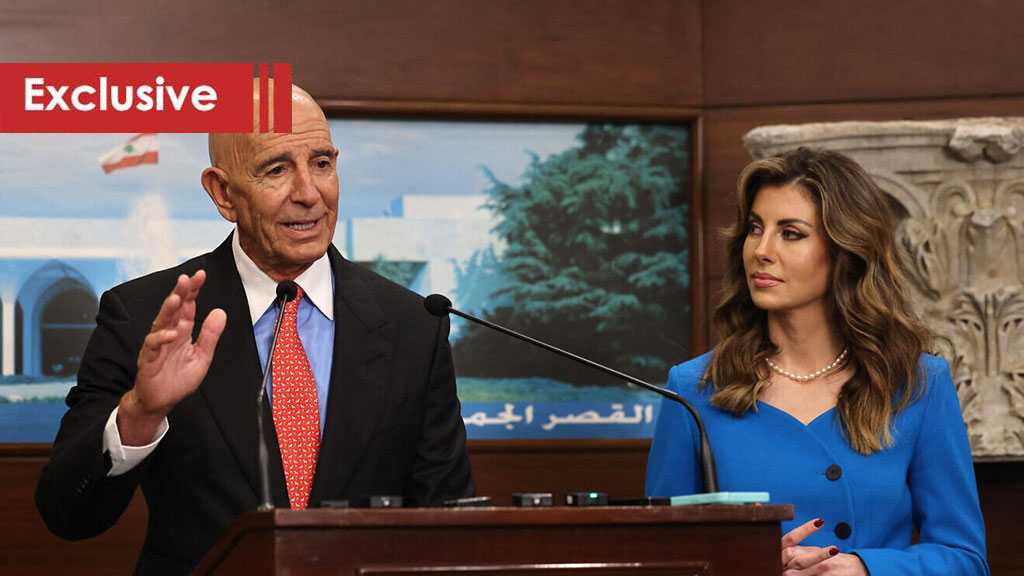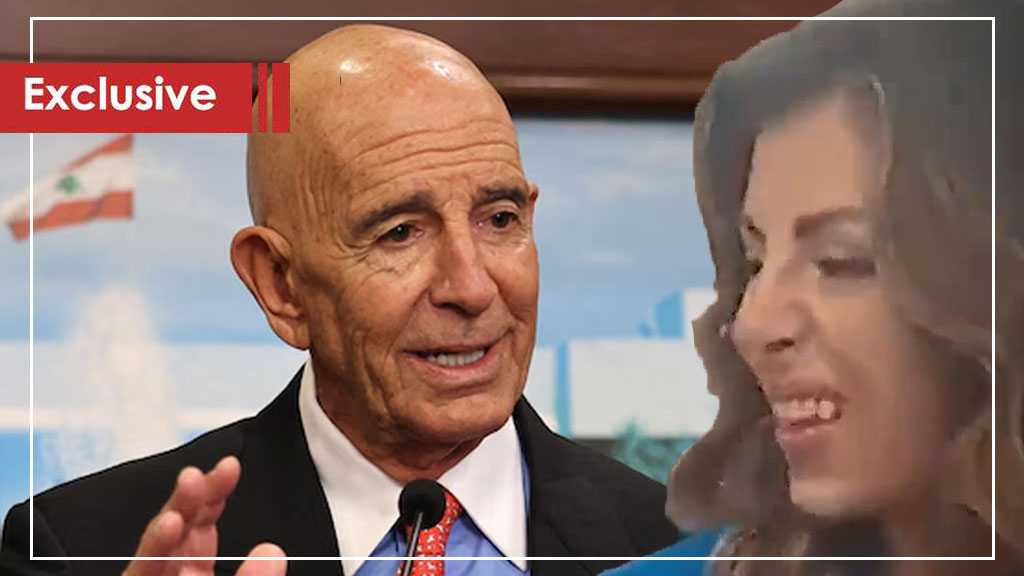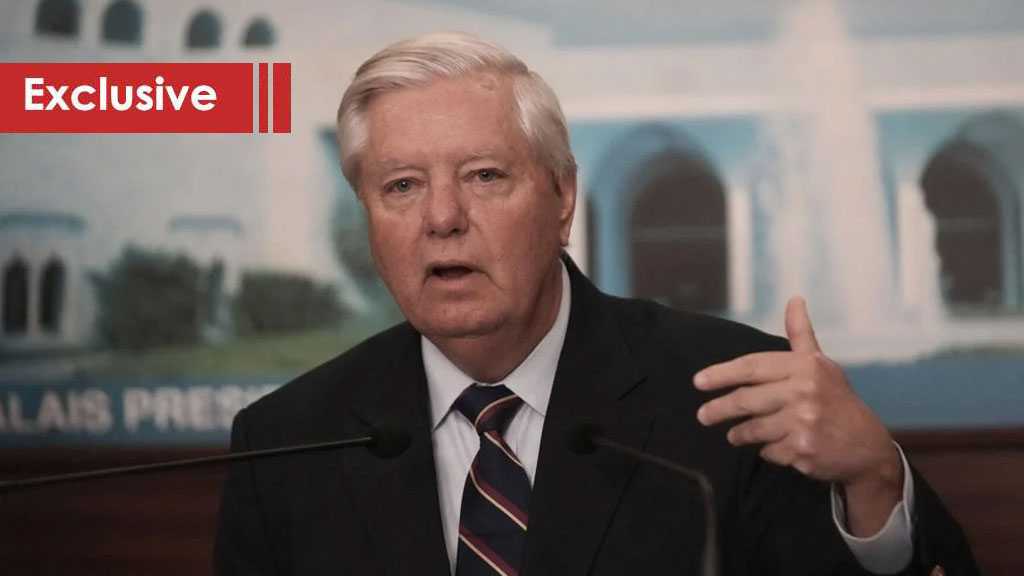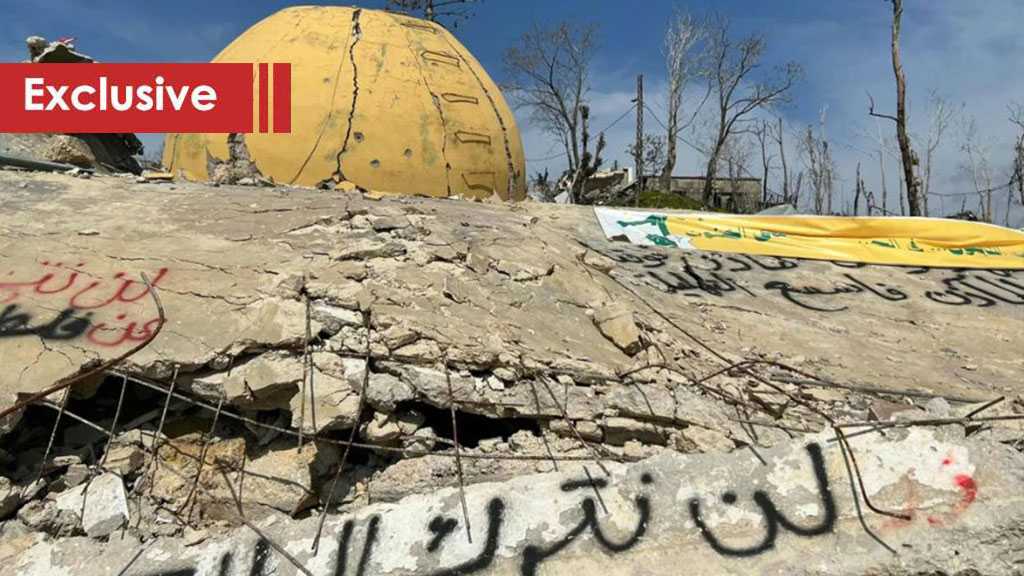Pope Francis: The People’s Pope in a World of Pain

By Mohamad Hammoud
Lebanon – The world awoke to mourning with the news that Pope Francis passed away last night at the age of 87. Born Jorge Mario Bergoglio on December 17, 1936, in Buenos Aires, Argentina, he made history in 2013 when he became the 266th Pope of the Roman Catholic Church. His election was groundbreaking: the first Jesuit pope, the first from the Americas and the first non-European pope in over a thousand years. But more than these milestones, it was his radical humility, moral clarity and deep concern for human suffering—particularly in the "Israeli"-Palestinian conflict—that defined his papacy.
From Humble Roots to a Global Mission
Pope Francis’s approach to leadership was inseparable from his personal history. The son of a railway worker and a homemaker, he was raised in a modest, working-class neighborhood. His early experiences with economic hardship and social inequality helped shape a worldview rooted in empathy rather than privilege. Unlike many of his predecessors, Francis never embraced the trappings of ecclesiastical power. Even as a cardinal, he lived in a small apartment, cooked for himself, and traveled by bus.
That same spirit followed him to Rome. Choosing the name Francis—after St. Francis of Assisi—he signaled from the outset that his pontificate would prioritize humility, peace, and solidarity with the poor. His mission extended far beyond Church walls, confronting global moral crises such as poverty, climate change, forced migration, and armed conflict. He consistently positioned the Church as a voice for the voiceless, emphasizing mercy over dogma and action over rhetoric.
A Pope for the Marginalized
This pastoral focus quickly distinguished Francis from his predecessors. Where past popes often concerned themselves with internal reforms or theological debates, Francis looked outward, toward the most vulnerable. He visited prisons, embraced refugees, and washed the feet of Muslim immigrants—acts of humility that challenged expectations and humanized his position. His call for interfaith dialogue and inclusion sent a powerful message: the Church must not only preach compassion, but live it.
Nowhere was this more evident than in his unwavering concern for the Palestinian people. While many global leaders defaulted to sanitized language, framing the "Israeli"-Palestinian conflict in “both-sides” terms, Francis spoke plainly and courageously. He condemned the suffering in Gaza as “unacceptable,” calling the region “an open-air prison.” His statements were not mere political commentary; they were moral indictments.
This moral clarity often came at a cost. Francis drew criticism from pro-"Israel" hardliners, yet he remained steadfast in his conviction: the dignity and rights of Palestinians were not up for negotiation. He supported a "two-state" solution, but unlike Western leaders who often gloss over Palestinian suffering, Francis placed it front and center. He called for peace rooted in justice and mutual recognition—reconciliation born not of political convenience, but of conscience.
Moral Clarity Amid Political Fog
Pope Francis repeatedly denounced the human toll of "Israel’s" military actions, especially on children. He called for immediate ceasefires and genuine peace negotiations, grounding his appeals not in political ideology but in a deep ethical and theological commitment to the dignity of every human life. His prayers were not abstract. He mourned the dead, named the wounded and pleaded for global conscience.
While he never explicitly rejected Zionism, his discomfort with the systemic injustices tied to the occupation was unmistakable. He emphasized the Palestinian right to live in safety, to claim a homeland and to do so with dignity. His advocacy often drew backlash from pro-"Israel" voices, but he remained consistent, reminding the world that neutrality in the face of oppression is itself a form of complicity.
Beyond Words: Confronting Structural Violence
Francis did not limit his critiques to regional conflicts. He called out the broader systems that perpetuate global suffering. He spoke against the arms trade, criticized the indifference of wealthy nations, and exposed the hypocrisy of governments that profess peace while profiting from war. His voice was steady, not swayed by diplomacy or fear, and always directed toward the protection of the vulnerable.
He stood virtually alone among world religious leaders in his explicit sympathy for Palestinians—offering not just words of solace, but a challenge to the international community to do better.
The Question of Succession
As of April 22, 2025, the College of Cardinals has not yet named his successor. The conclave, composed of senior Church leaders from around the world, will soon convene to select the 267th pope. Their decision will shape the Church’s trajectory for years to come.
Several names have already emerged as potential successors. Cardinal Pietro Parolin of Italy, the Vatican’s Secretary of State, is seen as a diplomatic moderate. Cardinal Luis Antonio Tagle of the Philippines represents a more progressive voice and the Church’s growing presence in Asia. Others, like Cardinals Peter Erdo of Hungary and Robert Sarah of Guinea, offer a more conservative vision. Whomever they choose, the legacy of Pope Francis will cast a long shadow.
A Legacy of Courage and Compassion
Pope Francis’s death brings to a close a chapter of remarkable moral leadership. He redefined the papacy in an era marked by crisis—not with rigid doctrine, but with mercy, courage and an insistence on justice. His advocacy for Palestinians, his empathy for the poor, and his refusal to remain silent in the face of global indifference made him a singular figure.
He will not only be remembered as a reformer of the Church, but as a moral conscience in a time when such voices are rare. His message was never about political solutions—it was about human dignity. In a world too often paralyzed by apathy and self-interest, Francis reminded us that faith must be lived, that suffering must be seen, and that peace must be pursued.




